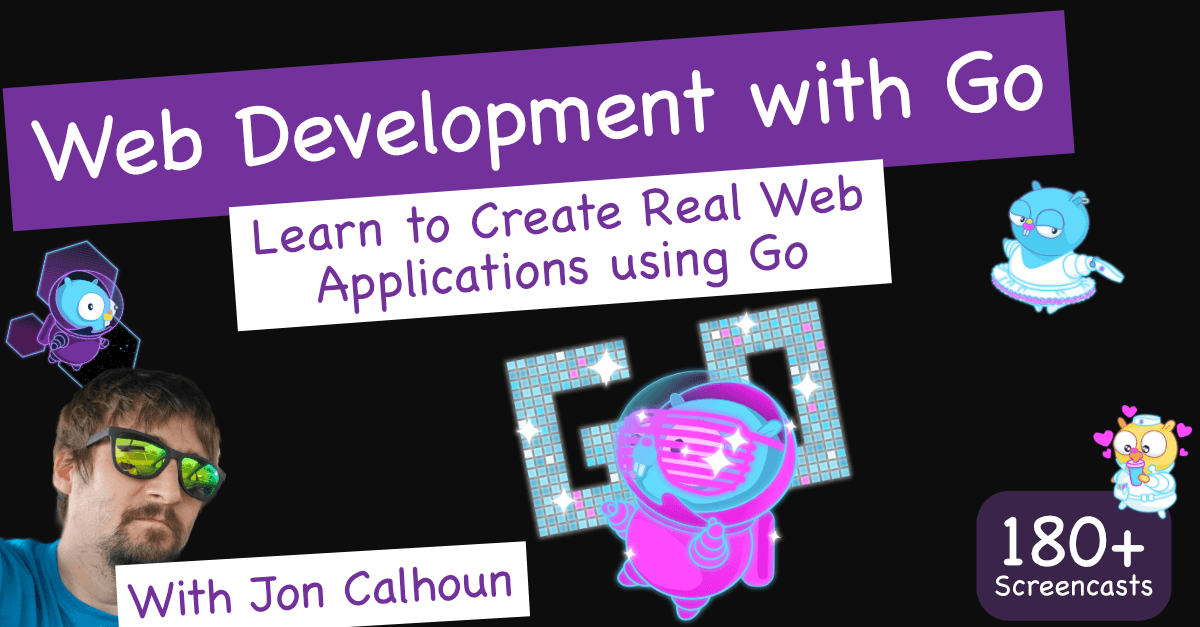
Learn to create a professional quality environment using high end tools: Unreal Engine, Megascans and Substance Painter.
What you'll learn
- Reference Gathering and Planning
- Set Piece Modeling
- Modular Modeling for Efficiency
- Tiling/Repeating Textures
- One to One/Unique Textures
- Scene Assembly and Composition
- Lighting
- Unreal Engine
- Megascans
- Substance Painter
- Maya
Requirements
- You must be familiar with video game environments and have an interest in building your own beautiful scenes! Although this course will be more conceptual than technical, we will touch on some tools and techniques which require some knowledge of a 3D modeling software, texturing application and a game engine.
- Recommended toolset: Unreal Engine 4, Megascans, Substance Painter, zBrush, Maya, Marmoset Toolbag. (all can be downloaded for free or have 30 day trials).
Description
This Environment Art Basics Course is an introduction to the latest techniques and workflows of the best 3D environment artists in today's video games industry. Whether you're creating an indie game or building an eye-catching portfolio to break into some of the top AAA studios, this course will sharpen your artistic eye and give you concepts and foundations to make your workflow efficient.By going through this fundamentals course, you will have started as an artist overwhelmed and confused with the plethora of techniques and workflows out there to an artist who has gained confidence and a solid understanding of game environment development.
Course Outline:
1. Introduction
- Stages of Development
- Tools and Software
- Importance of Reference
- Organizing Assets
- Structural Asset Blockout
- Preliminary Lighting
- Prop Asset Blockout
- Camera Placement
- Structural Detailing
- Prop Modeling
- High Poly Modeling
- Physically Based Rendering Overview
- Texturing Techniques Overview
- Material Setup
- High to Low Baking
- Tiling Texturing
- Decals
- Lighting Techinques Overview
- High Quality Lighting
- Post Processing
Who this course is for:
- This course is aimed at the beginner 3D Environment Artist who is looking to learn how to create stunning environments.

